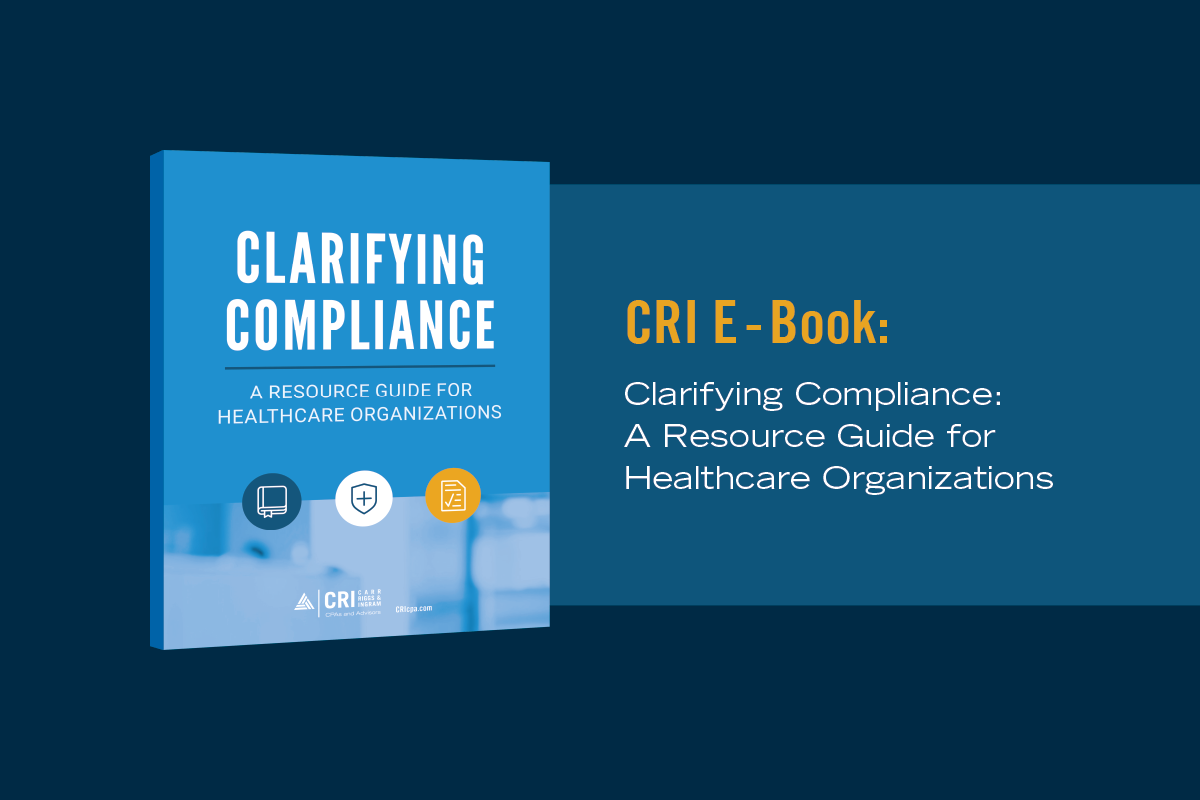Back to Profitability: How Small Businesses Can Emerge Stronger from Crisis
Jul 10, 2020
“Bad businesses are destroyed by a crisis; good businesses survive them; great businesses are improved by them.”
—Andy Grove, former CEO, Intel
There’s nothing like a crisis to give people clarity and crystallize the fundamentals of running a successful business. Although this crisis has been unlike anything we’ve seen before in our lifetimes, it has forced all of us to make the corrections and tough decisions that we are often tempted to put off during more comfortable times, such as shedding underperforming employees, customers, lines of business, and locations.
The Importance of Full Capitalization
At the end of 2019, just 35% of small businesses were financially healthy, and even among those healthy small businesses, only one in five had two months’ worth of cash reserves on hand.
It’s no wonder that by early May 2020, 22% of small businesses were less than two months away from closing permanently. On the other hand, 50% of small businesses at that time reported that their business was in good health, and one-quarter of them said they planned to increase investment in their business.
What’s the difference between small businesses that are optimistic about the future and those that will be forced to shut their doors? Two words: full capitalization.
The pandemic-induced economic crisis — like others before it — has reinforced the critical importance of maintaining adequate cash reserves. We consider businesses to be fully capitalized if they have at least two months of operating cash on hand and nothing drawn on lines of credit. There is certainly a time and a place for the prudent use of credit. But in the aftermath of the Great Recession, we found that it was the fully capitalized businesses that came back quickest — and many of them, stronger than ever.
Get Back to Fundamentals of Business
As business and consumer activity starts to get back to normal — and assuming reopening continues at its current pace — your business can emerge even stronger from this crisis, if you focus on the following fundamentals:
- Restore capitalization. While almost every business owner will agree that a cash reserve is important, often it takes the crucible of a crisis to force action. As your business returns to profitability, exercise the discipline to build cash reserves to cover two full months of operating expenses.
- Take a market-based wage. All too often, owners of small businesses pay themselves less than their worth — a decision that came back to bite them in the allocation of Paycheck Protection Program (PPP) funds. But aside from leaving PPP money on the table, taking a market wage is important to give owners a true picture of the financial health of the business. Compartmentalizing personal income from business income gives you a clear picture of the business’s cash flow. When you see truth in your financials, you can make sound strategic decisions about how to invest that capital.
- Invest in your business. The most successful entrepreneurs think like investors. They are patient yet demanding, seeking a balance of profitability and growth. In our experience, a fully capitalized privately owned business should generate return on invested capital (ROIC) of at least 50% — far outperforming any CD or stock market investment. As you return to profitability, what will you do with the profits? At each stage of growth, you will have choices to make. Do you increase shareholder distributions, or do you continue to “fatten the cow” through prudent business investments?
- Lean on your levers. Among the levers that drive profitability, labor is the most powerful. We refer to labor as “the great multiplier” because, for the most part, every $1 of labor cost drives at least $2 of top-line revenue — and in the case of management labor, that ROI is often closer to 10-to-1. Investment in the right talent separates profitable from unprofitable businesses.
As business and consumer activity gets back to normal (or a “new normal”) and your business returns to profitability, don’t forget the lessons learned during this once-in-a-lifetime crisis. Practice the discipline needed to maintain or even build on the efficiencies you’ve gained, stay focused on your core capital target, and reap the dividends of a profitable and growing small business. Whether you’re looking for strategies for COVID-19 relief, or you’re ready to talk about your business’s next stage of growth, contact your CRI advisor.




















































































































































































































































































































































































































































































































